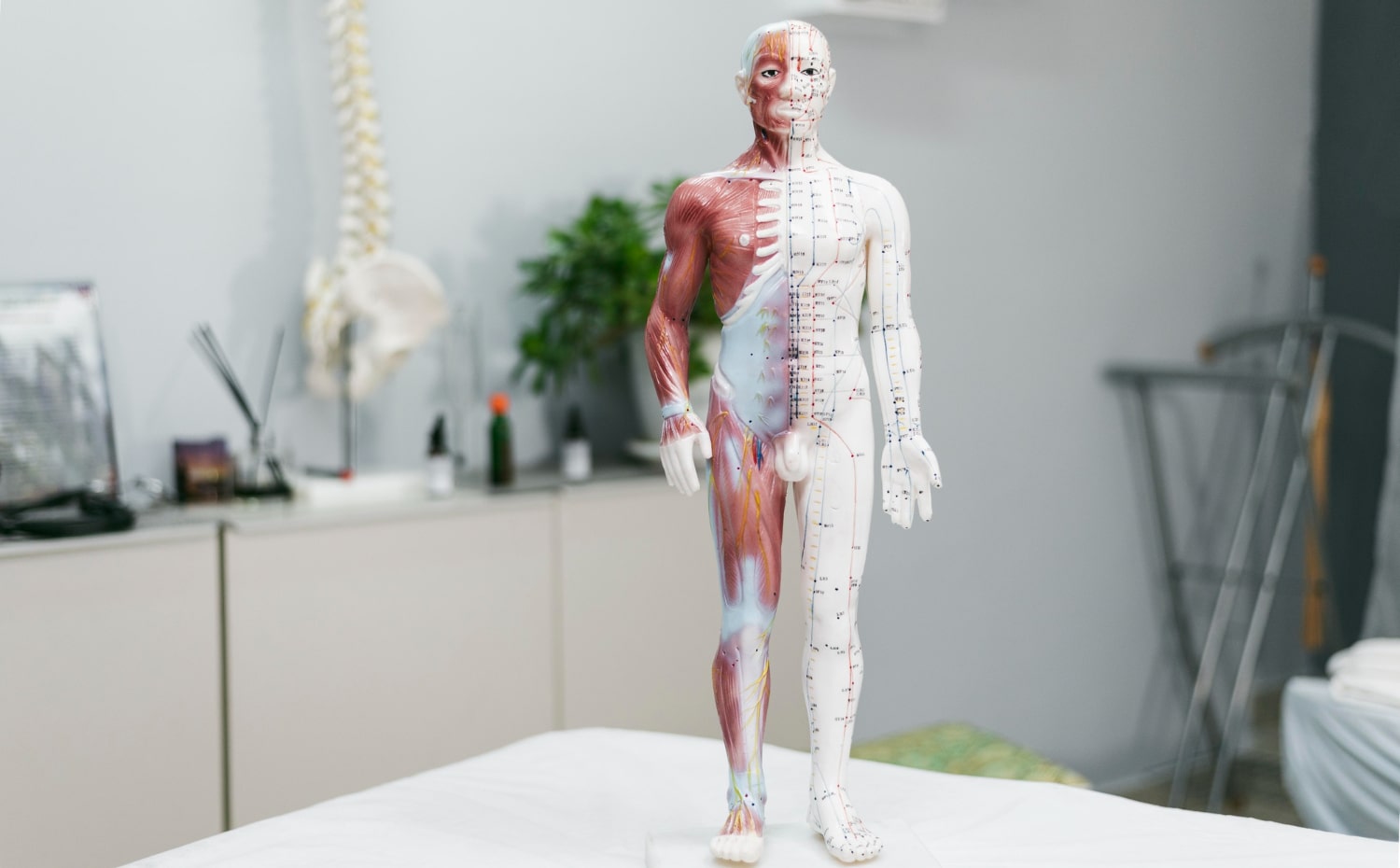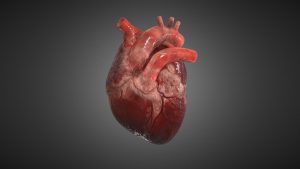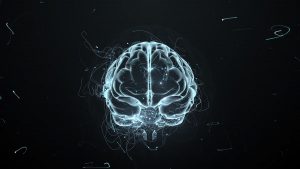
45 interesting facts about human body
- 👁️ 1868
The human body is a marvel of biological engineering, composed of complex systems that function seamlessly to enable life, movement, and cognition. From the microscopic cells that form tissues and organs to the intricacies of the human brain, every aspect of the body is a subject of endless fascination and study. The body’s ability to heal, adapt, and perform intricate tasks is nothing short of miraculous. Here, we’ll explore 45 interesting facts about the human body, shedding light on some lesser-known aspects and highlighting its incredible design and function.
- The human body contains approximately 60,000 miles of blood vessels.
- An adult human’s skin accounts for about 15% of their body weight.
- The human brain has approximately 86 billion neurons.
- A newborn baby has more bones than an adult due to the fusion of some bones as the child grows.
- The human nose can detect approximately 1 trillion different smells.
- The human eye can distinguish between 10 million different colours.
- The strongest muscle in the human body, relative to its size, is the jaw muscle.
- Human teeth are as hard as rocks and are the only part of the human body that can’t repair themselves.
- The average person will shed 40 pounds of skin during their lifetime.
- The human liver has over 500 different functions.
- The average human heart beats more than 3 billion times in a lifetime.
- Fingernails grow approximately four times faster than toenails.
- The human body produces enough heat in 30 minutes to boil half a gallon of water.
- The cornea of the eye is the only part of the body that has no blood supply; it receives oxygen directly through the air.
- Humans share 98% of their DNA with chimpanzees.
- The average person produces enough saliva in their lifetime to fill two swimming pools.
- Human bones are composed of 31% water.
- The human stomach can dissolve metals; its lining regenerates every 3 to 4 days to prevent it from digesting itself.
- The average human will breathe around 670 million breaths in a lifetime.
- Babies are born with blue eyes more than any other colour, but the melanin in their eyes often changes as they grow.
- The smallest bone in the human body is the stapes bone, located in the middle ear.
- Human hair is virtually indestructible, barring intense chemical breakdown.
- The human brain is the fattest organ in the body, consisting of about 60% fat.
- The only part of the human body that never grows after birth is the innermost ear ossicle.
- A human’s sense of touch is sensitive enough to feel the difference between surfaces that differ by just 13 nanometres in thickness.
- The human body contains more bacterial cells than human cells.
- An adult human’s blood circulatory system, if laid end to end, would stretch 100,000 miles.
- A single human brain can generate more electrical impulses in a single day than all the world’s telephones combined.
- The average person walks about 100,000 miles in a lifetime, equivalent to walking around the world four times.
- A human sneeze can travel up to 100 miles per hour.
- The tongue is the only muscle in the human body that’s attached at only one end.
- Women’s hearts typically beat faster than men’s hearts.
- The human body makes a new stomach lining every three to four days to avoid digesting itself.
- Human lungs have a surface area that’s roughly the same size as a tennis court.
- The human body produces about 25 million new cells every second.
- The brain operates on the same amount of power as a 10-watt light bulb.
- Your ears and nose continue to grow throughout your entire life.
- The average person will spend about 26 years of their life sleeping.
- The human liver can fully regenerate from just 25% of its tissue.
- Human tears have different chemical compositions based on the reason for the tears (e.g., joy, sadness, irritation).
- The average human being will blink about 28,000 times in a week.
- The human body emits a small amount of visible light, but it’s too faint to be seen by the naked eye.
- Humans are the only animals that produce emotional tears.
- The pinky finger contributes more than 50% of the hand’s strength.
- The average person speaks enough words in a lifetime to fill a 20-volume encyclopedia.
The human body is a wondrous machine with capabilities and intricacies that are beyond remarkable. From the micro to the macro level, every aspect of the body works in harmony to sustain life, allow movement, and enable complex thinking. These fascinating facts offer just a glimpse into the complexity and elegance of human biology. The study of the human body continues to reveal new insights, shaping medicine, technology, and our understanding of what it means to be human.











